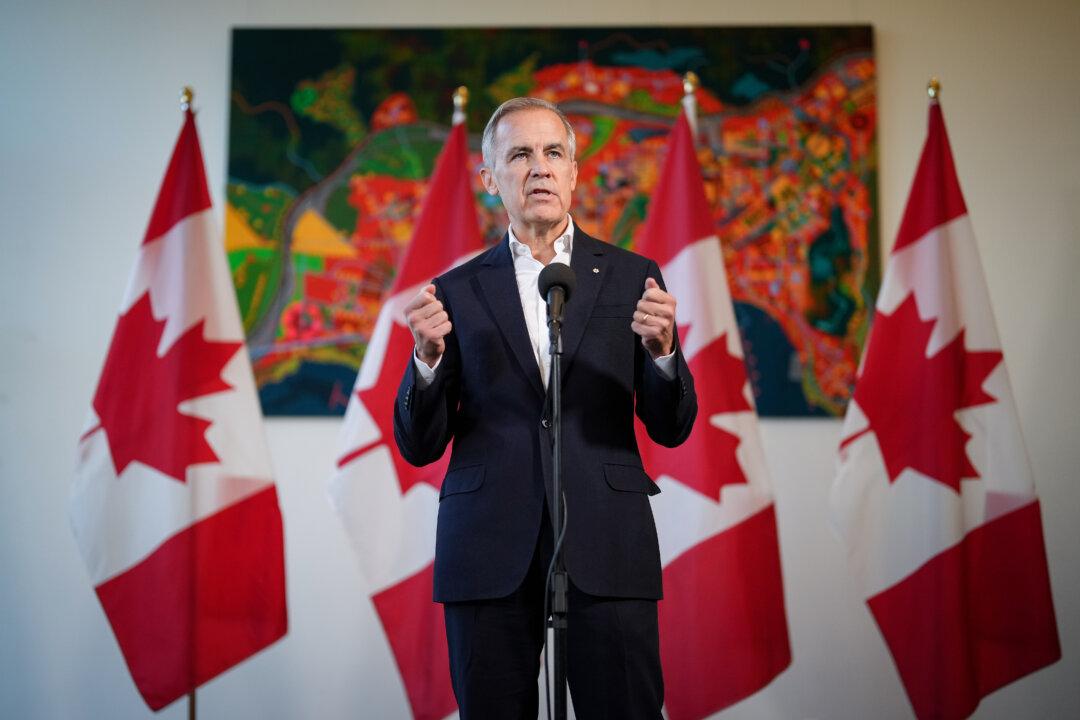In explaining his decision to help the Liberal Party at this time, former Bank of Canada Governor Mark Carney said he couldn’t turn down a request from the prime minister.
The Liberal Party announced on Sept. 9 that Carney would serve as chair of Justin Trudeau’s task force on economic growth ahead of the next election. The new role is a party appointment, not a government one.





